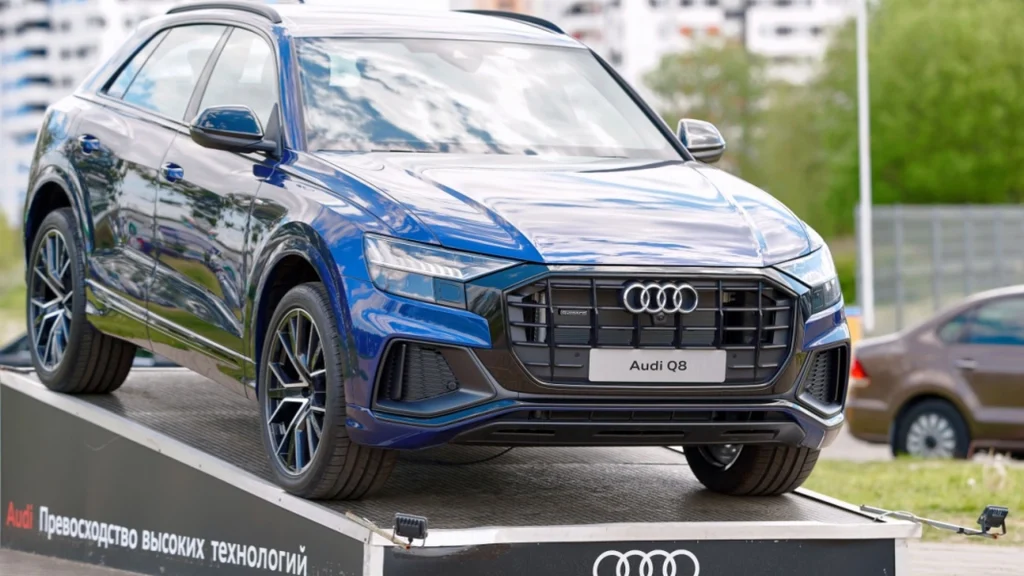Audi is rethinking its strategy.
Others are reading now
Audi has announced a major shift in its car strategy, moving away from its earlier ambition of becoming a fully electric car manufacturer by the early 2030s.
Instead, the company will now focus on developing hybrid vehicles.
This decision comes after Audi realized that the transition from internal combustion engines to electric cars will take longer than initially thought.
Electric Ambitions
In 2021, Audi declared that it would cease developing new models with internal combustion engines by 2026, starting with the launch of the second-generation Q8, which would be available with both internal combustion and electric powertrains.
Also read
After this production phase, Audi planned to offer only electric cars.
However, CarExpert reports that Audi has revised its plan and will now prioritize hybrid technology.
Audi’s CEO, Gernot Döllner, states that the brand’s strategy is “future-proofed for the next 10 years,” indicating a longer “transition phase” from internal combustion engines to electric cars.
Plug-in hybrid vehicles (PHEVs) will play a key role in this period.
Audi has developed new combustion engines for their next-generation PHEV models, capable of traveling up to 100 km on battery power alone.
Audi is not alone in this strategic shift.
Other major car manufacturers, including Porsche, Mercedes-Benz, Ford, Kia, and BMW, have also softened their ambitious electric car plans in favor of hybrids.
New Platform
Audi has recently introduced the Premium Platform Combustion (PPC) architecture, which underpins their new Audi A5.
This platform can accommodate range extender powertrains, though no specific plans to utilize this technology have been confirmed yet.
Despite the current focus on hybrids, Döllner maintains that electric cars will become mainstream in the long term.
While the growth rate for electric cars has slowed, it remains positive, and Audi is preparing to offer a mix of highly efficient internal combustion engines, plug-in hybrids, and pure electric cars to meet evolving technological demands.
By 2027, Audi expects to have completed its first generation of electric cars and simultaneously launch its last internal combustion model.
Audi is also considering removing one of its electric SUVs, the Q8 e-tron, due to declining demand. This move underscores the company’s strategic pivot to prioritize hybrid technology in the near future.


